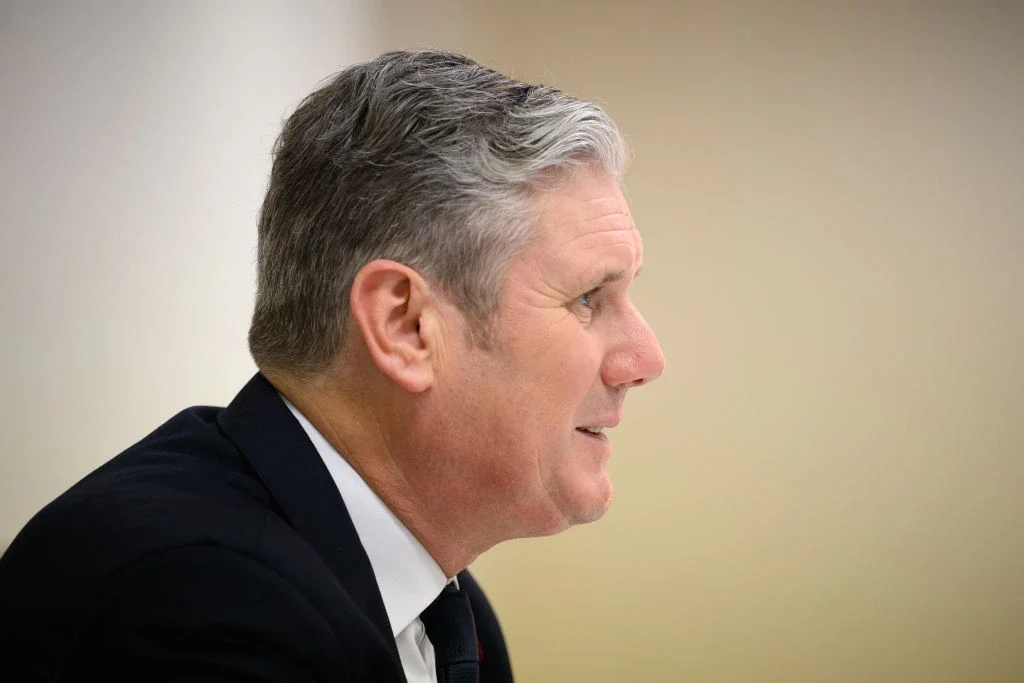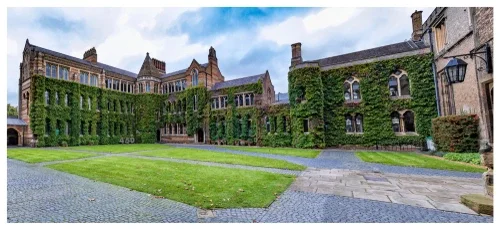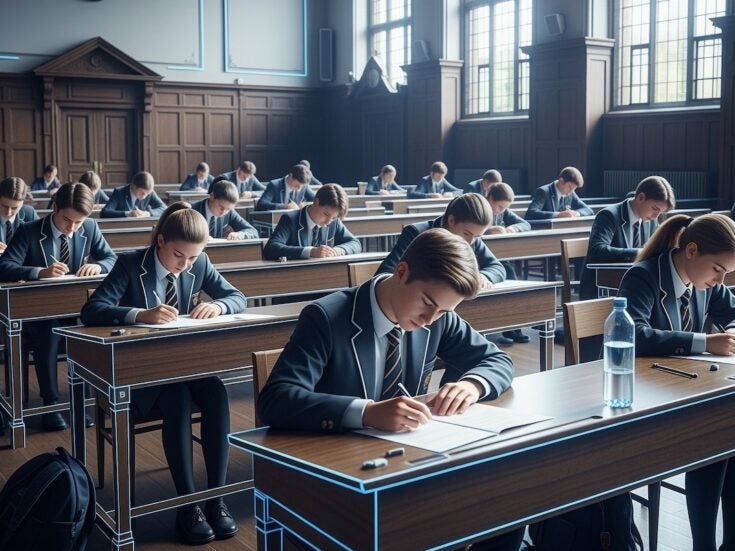
In 2019 the Labour Party pledged to abolish private schools. This made for eye-catching headlines, but did not cause sleepless nights for those, like me, who work in the independent education sector because the prospect of a Corbyn-led government was remote.
Now, a Labour government is a distinct possibility.
The Labour Party’s stance on private schools has softened, a little. No longer intent on eradication, they wish to see new taxes levied on private schools.
Economically, Labour’s private school plans do not stack up. They claim levying Value Added Tax (VAT) on school fees would raise £1.7 billion, a figure calculated with alarming naivety by simply taking the total revenue generated from school fees and multiplying it by 20 per cent – the rate of VAT.
Adding this tax – and potentially making school fees 20 per cent more costly for families – would inevitably mean that some hard-working parents are driven from the sector. Their children would then need to be educated by an already stretched state education system. Far from raising income for the Treasury, it has been calculated that by Year Five the policy would cost the taxpayer an additional £400 million a year.
Last year, schools affiliated to the Independent Schools Council (ISC) made a £14.1 billion contribution to the UK economy, according to an ISC-commissioned report by Oxford Economics. Rugby School, for example, is the biggest employer in the town.
Independent schools also saved the taxpayer £4.4 billion in that year by providing places for pupils who could otherwise be expected to take up a place in the state-funded sector, the report found.
[See also: Inside Rosenberg, the world’s most expensive school]

VAT on private schools ignores economic reality
Taxes have never been levied on education in England, a pattern that is mirrored throughout most of the world. In proposing to impose taxes, the Labour Party is crossing an educational and political Rubicon. This is a policy which is ideologically driven, ignores the benefits of a thriving independent sector and, worryingly, demonstrates scant regard for economic reality.
The British independent sector is undeniably excellent. If it were not, parents would not work so hard to send their children to our schools. Neither would they be imitated around the world. One of the great British success stories of the last two decades has been the establishment of thriving partner schools across the globe (Rugby has opened schools in Thailand and Japan).
The existence of independent schools provides choice for parents. Choice is one of the hallmarks of a liberal society and we should cherish a system that enables parents to educate their children in ways which align with their own values, not necessarily those imposed by the Department of Education which reflect those of the government of the day and are subject to change every time there is a General Election.
[See also: The rise of branded schools]

The benefits of independent schools
Parents of children at my own school choose Rugby because of our emphasis not only on academic success but on the development of character. Our independence gives us the freedom to be a full boarding school, to have the longer days in which children have the space and time to develop their co-curricular interests. And, crucially, to choose what – and how – we teach.
Most recently, this has led us to make the International Baccalaureate Diploma Programme an option for our students. It is a qualification that fits well with the needs of the modern world, but sadly one which is only available to a very small number of children who are not educated in the independent system.
Independent schools have many other attractions – the small class sizes; the ratio of staff to students; the inclusion of sport, drama and music in the curriculum (which are sadly in decline in many state schools); state of the art classrooms, labs and technology.
Most independent schools in the UK are committed to widening access to their schools. This is not a kneejerk reaction to political threats; delivering public benefit by way of bursaries, scholarships and community partnerships is written into many of the founding documents of our schools, some of which go back hundreds of years.
At Rugby, for example, we have the Arnold Foundation, a bursary programme which provides fully funded places for talented children with a need for boarding, but who do not have the means to afford a place.
There are approximately 30 Arnold Foundation students at Rugby at any time, joining a further 300 students who receive some form of means-tested bursary or scholarship every year. We are unusual in that our bursaries are not funded by the fees of current parents; consequently, we will continue to fund those places regardless of any tax changes. This is not the case at most independent schools.
It seems likely that an unintended consequence of Labour’s planned approach, should they form a government, would be to make some independent schools, including music and dance schools, accessible to fewer students – and with no state school alternatives. Many of them would not survive if VAT were imposed on their fees.
Has Keir Starmer forgotten that he was a beneficiary of an independent school’s bursary programme? Has this policy been properly thought through? I think not.






